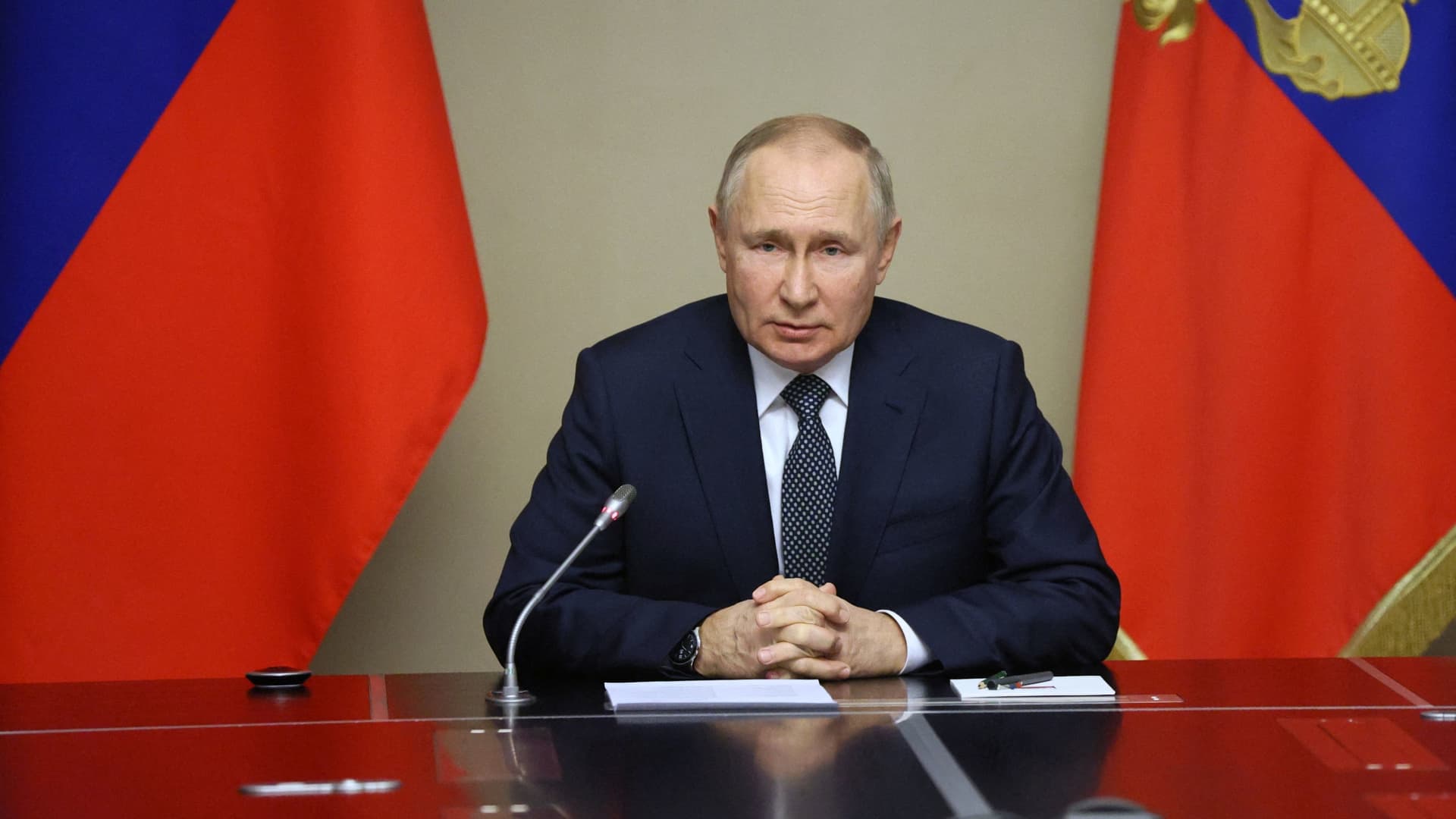Products You May Like
VanEck is liquidating its Russia-centric exchange-traded funds after the ongoing war in Europe has effectively severed the Russian market from Western investors.
Russia ETFs plunged after the country’s army invaded Ukraine. Moscow’s stock market was closed temporarily, and ongoing sanctions mean that major stocks like Gazprom still cannot be traded in the West, creating liquidity concerns for the funds.
VanEck’s Russia ETFs — the VanEck Russia ETF (RSX) and VanEck Russia Small-Cap ETF (RSXJ) — were effectively frozen after March 4.
“The Funds’ inability to buy, sell, and take or make delivery of Russian securities has made it impossible to manage the Funds consistent with their investment objectives. The Funds will not engage in any business or investment activities except for the purposes of winding up their affairs,” VanEck said in a release Wednesday evening.
The firm has suspended redemptions of the funds, pursuant to an order from the Securities and Exchange Commission, while it liquidates the positions. VanEck said it plans to distribute any proceeds from the liquidation to investors on roughly Jan. 12, 2023.
The RSX fund had more than $1.3 billion in assets under management at the beginning of 2022, according to FactSet.
VanEck’s move follows similar announcements by Franklin Templeton last week and BlackRock in August about their Russia ETFs.
